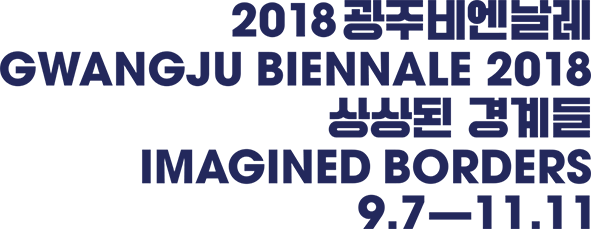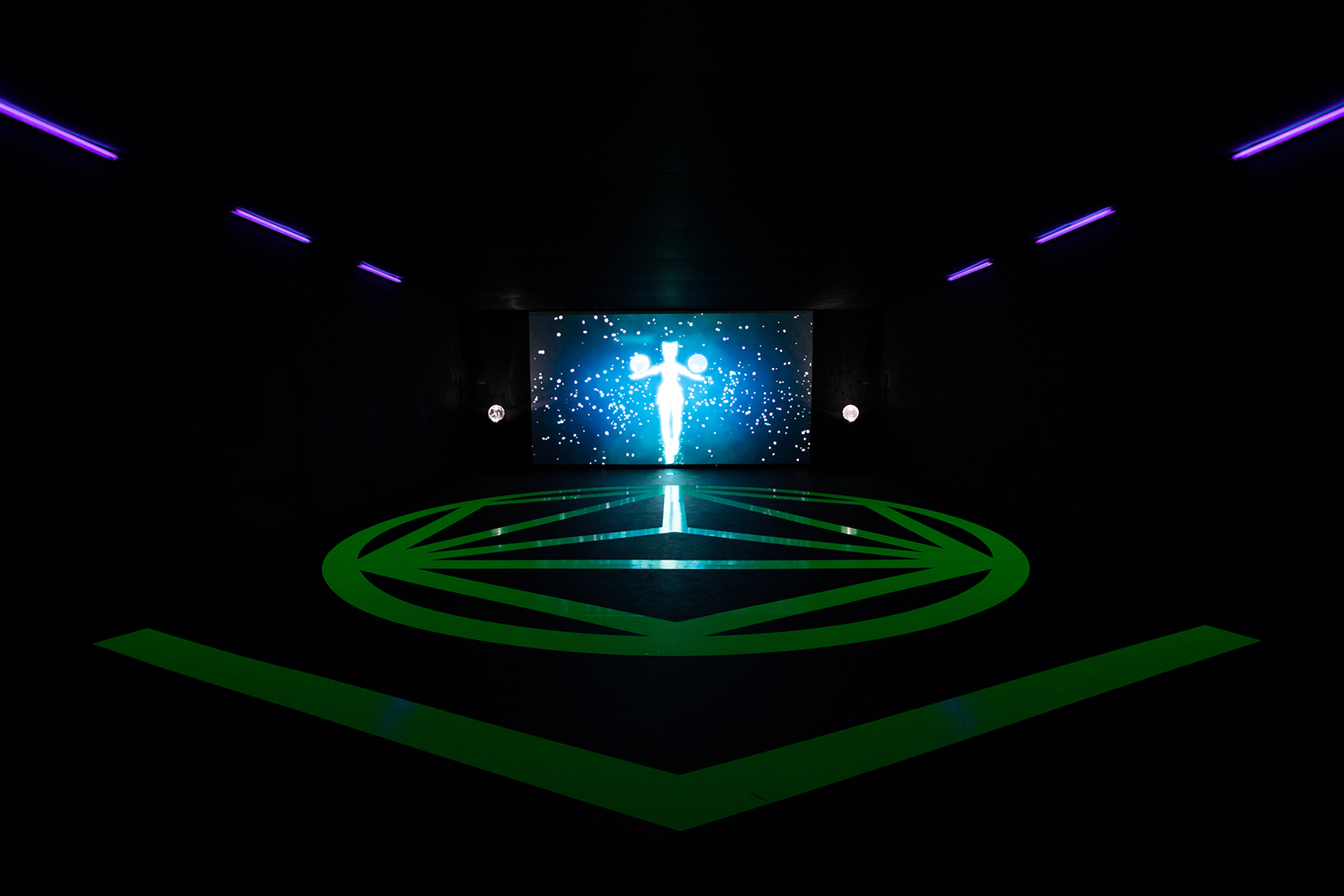Gwangju Biennale, Gwangju, South Korea | Website

The 12th Gwangju Biennale will see 165 artists from 43 different countries participate in a series of seven exhibitions and the GB Commission exploring the political, cultural, physical and emotional concepts of borders in today’s global community. For this edition of the Gwangju Biennale, a collective of 11 curators from around the world will devise a program of thematic exhibitions, in addition to a monumental new program, the GB Commission and a series of Pavilion Projects taking place across the city of Gwangju. Multiple curators from the UK to LA, Singapore to Seoul have brought their diverse perspectives and expertise to the Biennale and collaborated on projects inspired by the concept of Imagined Borders. Based on their expertise in sociology, politics, migration and the refugee experience, the curators confirmed a list of 163 participating artists within seven thematic exhibitions and the GB Commission which will reflect contemporary society and amplify the level of diverse voices in the cultural community.
The Ends: The Politics of Participation in the Post-Internet Age
Christine Y. Kim, Rita Gonzalez
By focusing on Post-Internet art, this section examines the politics of participation and power, the digital divide, and analyses of worlds with a perpetually threatened access to the Internet or without an Internet access under our current and evolving post-Internet conditions. Along with numerous artists, theorists, writers, and activists, it reflects on Internet access, the unauthorized use of information, hacking, surveillance, and Zach Blas’ “contra-Internet aesthetics.” In line with that, it also gives an insight on virtual money and its ecological consequences, alternative digital platforms, and the potential extinction of the Internet by looking at a variety of artworks in different forms including sculptures, videos, art installations, and performances. The 20th-century Cold War narrative repeats itself by amplifying the political tensions between the United States, Russia, South Korea, and North Korea with this so-called “cybersteroids,” which make Gwangju an even more perfect place for taking the discussion further in 2018.

